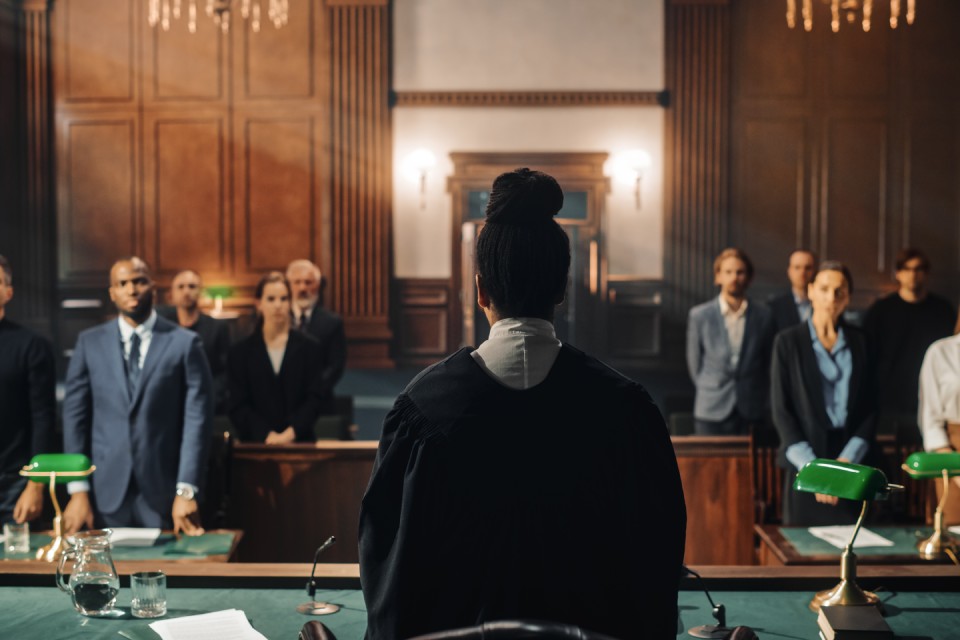While some roles in the legal field focus on behind-the-scenes preparations and research, others actively participate in courtroom proceedings. Courtroom jobs are particularly exciting due to the dynamic environment and the active role each professional plays in upholding justice. Learn more about five professionals who work inside courtrooms during trials to ensure the legal process runs smoothly and fairly.
Judges
Judges preside over courtroom proceedings, making sure the trials adhere to legal standards and procedures. They interpret and apply the law, provide instructions to juries, and make rulings on legal matters, such as the admissibility of evidence. Additionally, judges are responsible for ensuring that trials are conducted fairly and impartially. Their decisions can significantly impact the outcome of cases, making their role essential to the justice system.
Attorneys
Attorneys represent clients in court, either as prosecutors or defense lawyers, advocating for their clients’ best interests. They prepare and present cases by gathering evidence, questioning witnesses, and making opening and closing statements. Attorneys also negotiate plea bargains and advise clients on legal matters. Their primary goal is to provide strong representation to ensure just outcomes, whether through a trial or a settlement.
Court Reporters
Court reporters transcribe spoken or recorded speech into written form, creating official records of court proceedings. Court reporters are important in the courtroom because judges and attorneys rely on their written records for appeals, future references, and legal documentation. Using specialized equipment, court reporters capture every word spoken during trials. Their accuracy and attention to detail are critical for maintaining the integrity of the legal process.
Bailiffs
Bailiffs are professionals who work to maintain order and security within the courtroom during trials. They escort witnesses, jurors, and prisoners, ensuring their safety and compliance with court procedures. Additionally, bailiffs assist judges with various tasks, such as handling evidence and maintaining courtroom decorum. Their presence helps create a safe environment conducive to fair and uninterrupted legal proceedings.
Clerks
Clerks manage a wide range of administrative tasks for the smooth functioning of the courts. They handle and organize court documents, manage case files, and schedule hearings. Clerks also provide support to judges, attorneys, and other court personnel during trials. Their organizational skills and efficiency help ensure that legal proceedings run seamlessly from start to finish.
Courtroom proceedings rely on the coordinated efforts of various professionals to ensure just and efficient trial processes. Judges ensure legal integrity and attorneys provide advocacy, while court reporters create official records of the proceedings. Bailiffs maintain security and order, and clerks handle vital administrative duties. If the courtroom’s dynamic environment of legal arguments, witness testimonies, and real-time decision-making processes inspires you, consider pursuing one of these careers.

